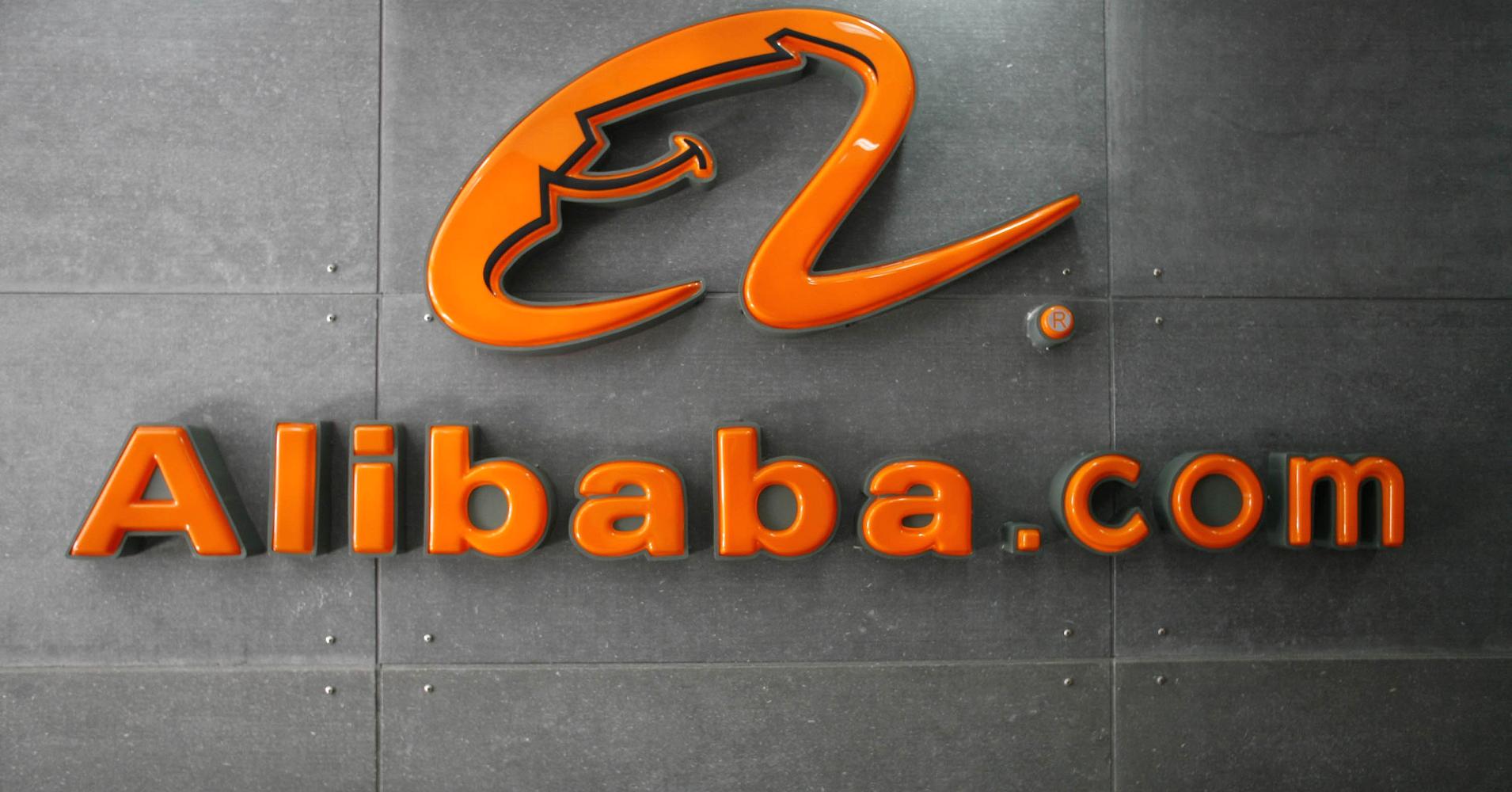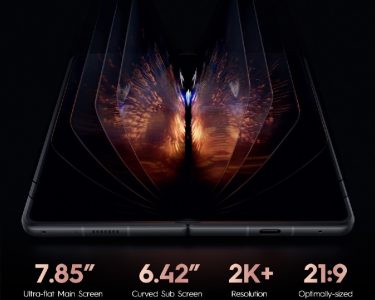Alibaba is an E-commerce behemoth that has proclaimed its lack of interest in producing cars. But don’t be shocked, the most interesting point is that it will focus instead on software for vehicles.
Hu Xiaoming says that the trend of future automobiles will be an integration of software & hardware, but that does not mean it should be done by one company, Alibaba Group Holding Ltd.’s senior vice president also added on Friday, “We will respect traditional automakers and have given up on the idea of getting involved in actual car production.”
The decision of the company to focus on an operating system was hinted at in September when Alibaba unveiled AliOS. AliOS is a rebranded and upgraded version of original YunOS operating system.
Hu opined that his company ultimately wants to make AliOS open source and want to provide it to customers across all industries and professions.
Alibaba had signed an agreement with Ford Motor Co. last week. In this agreement the pair agreed to explore the possibility of models under the carmaker’s Ford & Lincoln marques using AliOS in China.
In October 2017, Alibaba talked about its plans to release AliOS-enabled cars with strategic partner Banma Network Technology (a joint venture between Alibaba and SAIC Motor Corp., China’s largest automaker) and Dongfeng Peugeot Citroen Automobile Co., that is set to start in 2018.
Must Read: Uber rectifies a lawsuit over obtaining rape victim’s medical records in India
Alibaba’s moves arrives at a time when the country’s internet giants, such as Tencent Holdings Ltd. and Baidu Inc., all have rushed into the auto industry. Baidu possesses its own in-car system, CarNet, provides location-based services through Baidu Maps. While Tencent has its hardware product, namely Lubao Box. This hardware can offer real-time maintenance and safety information.
In April this year, as part of Baidu’s shift from making of autonomous cars to developing driverless artificially intelligent technology, the company managed to launch its Apollo open-source software platform for the autonomous-car industry.
However, it’s still not clear whether AliOS will be succeeding and will be widely accepted, as we see most of the automakers are currently interested in cooperation with Alibaba and are relatively weak players and facing setbacks in China.
For instance, Ford is still playing catch-up in the country compared with its more-established foreign rivals such as General Motors Co. and Volkswagen AG. From January through October the current year, Ford’s car sales were down 5 percent from the same period in the previous year.
Other automakers, including General Motors Co. and Honda Motor Co. Ltd., have their own operating systems. They also have shown no interest in a software cooperation with Alibaba.




